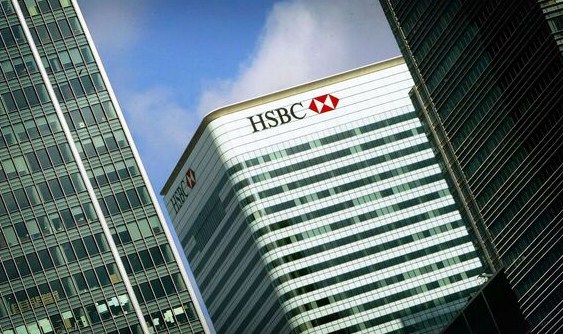The loyalty penalty in banking
Millions of customers who have been loyal to their banks for years are being exploited by low interest rates on their savings accounts. This is the conclusion of a recent report by the Financial Conduct Authority (FCA), the UK’s chief financial regulator, which warned that the “harm” caused by this practice has worsened as interest rates have risen.
The FCA said it had challenged some banks that had been miserly with their savings rate increases and warned “onerous interventions” would be considered if it concluded its concerns were not being properly addressed.
The official Bank of England base rate is 4.25% after 11 increases in a row, yet the interest offered by some widely held savings accounts are lagging way behind. For example, the Barclays Everyday Saver offers only 0.65% interest and Santander Everyday Saver pays 0.7%. Lloyds’ Easy Saver is offering only 0.65% unless a saver has £25,000 or more stashed away. There are other accounts paying even less: Virgin Money’s Everyday Saver offers just 0.25%.

The rise of neobanks and digital alternatives
The FCA’s report also found that the fragmentation of banking is widespread, as more consumers are using more providers, especially digital-native banks and online companies. These neobanks, such as Monzo, Starling, and Revolut, offer more competitive and transparent products and services, as well as a better digital experience and customer service.
The FCA said that neobanks appeal to all ages, but especially to younger generations and people with higher levels of income and formal education. These groups present major prospects for profitable growth, if banks can improve their offerings and experience to expand business with these customers and boost loyalty among their current customers.
However, traditional banks still claim the majority of primary relationships with consumers, and many customers are reluctant to switch due to the inconvenience and perceived risk of doing so. The FCA said that it is standard practice for financial firms to offer better interest to new savers while leaving existing customers on less competitive rates.
The consumer duty and the role of ESG
The FCA said that its upcoming “consumer duty”, which will start to come into force from 31 July, will ensure financial firms – including banks, insurers and investment firms – are focused on delivering “good outcomes” for customers. There will be a focus on “the fairness of pricing” for all groups of savers that would challenge some of the current practices and require “a significant cultural shift”.
The FCA also said that the steps a bank is taking to advance ESG (environmental, social and governance) goals can influence consumers’ advocacy. However, most banks have work to do in improving their ESG initiatives and in making consumers aware of those efforts.
The FCA’s letter to the Treasury committee, which questioned the bosses of the four largest UK banks in February, said: “It is difficult to avoid the conclusion that our biggest banks are taking advantage of their most loyal customers to increase profits and CEO pay.”
